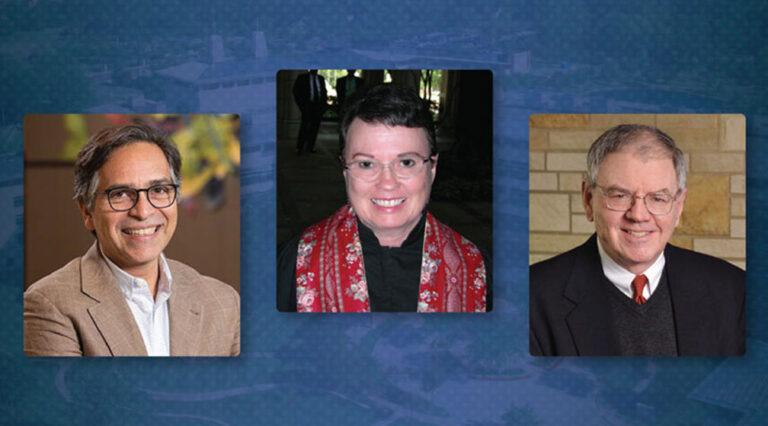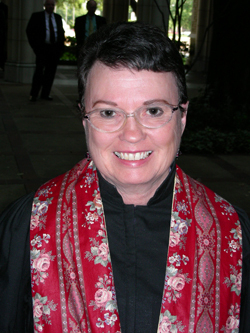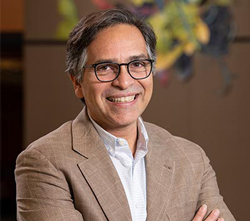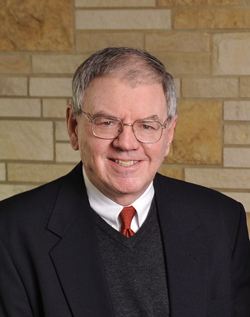News
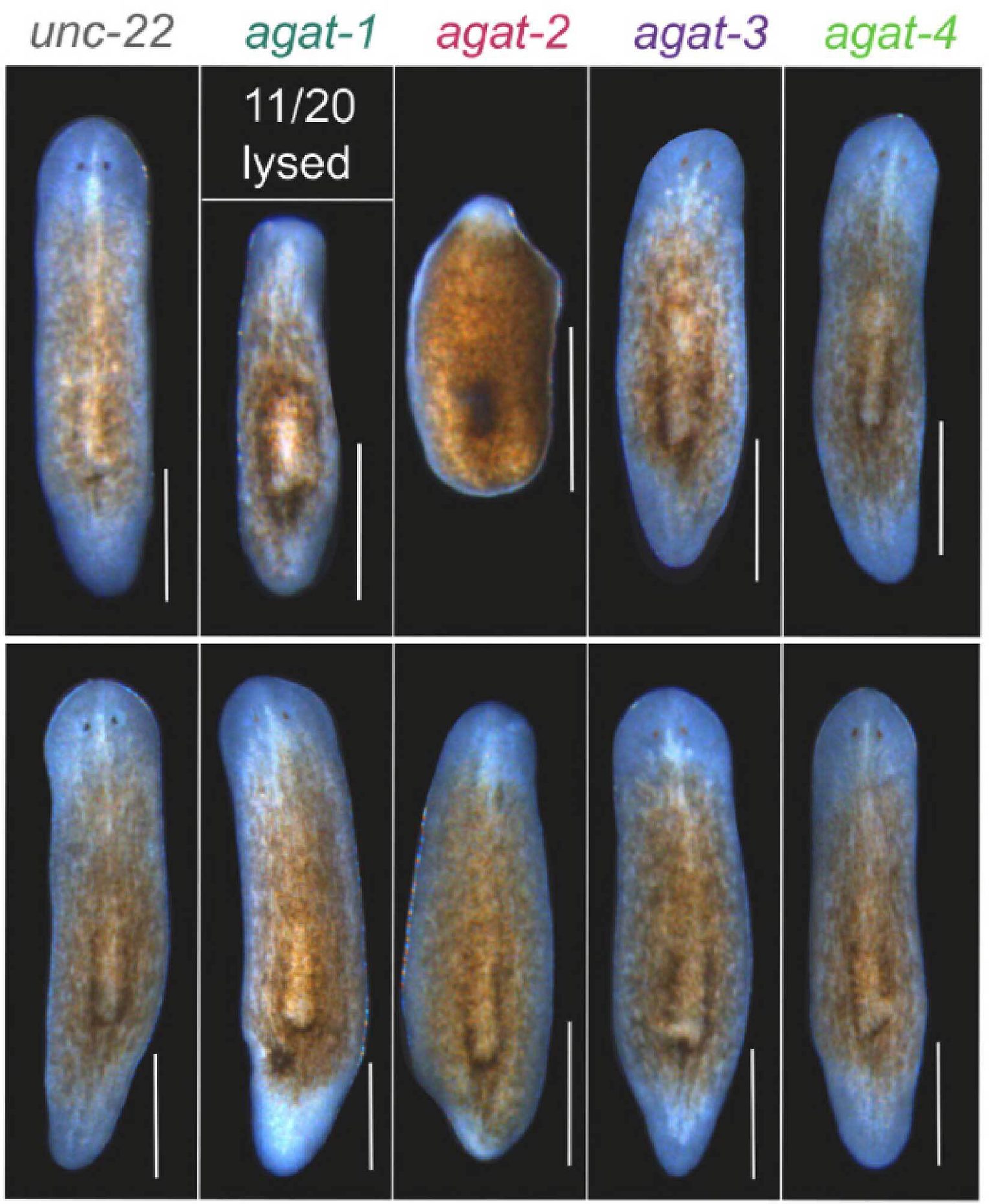
21 December 2025
Support cells fuel flatworm regeneration
Stowers scientists discover how metabolically specialized support cells orchestrate whole-body regeneration, reshaping our understanding of tissue repair and regenerative medicine.
Read Article
